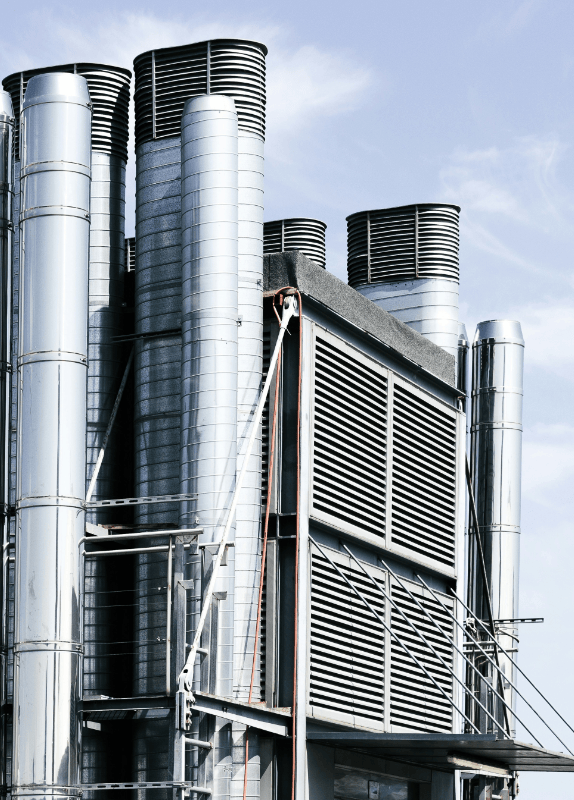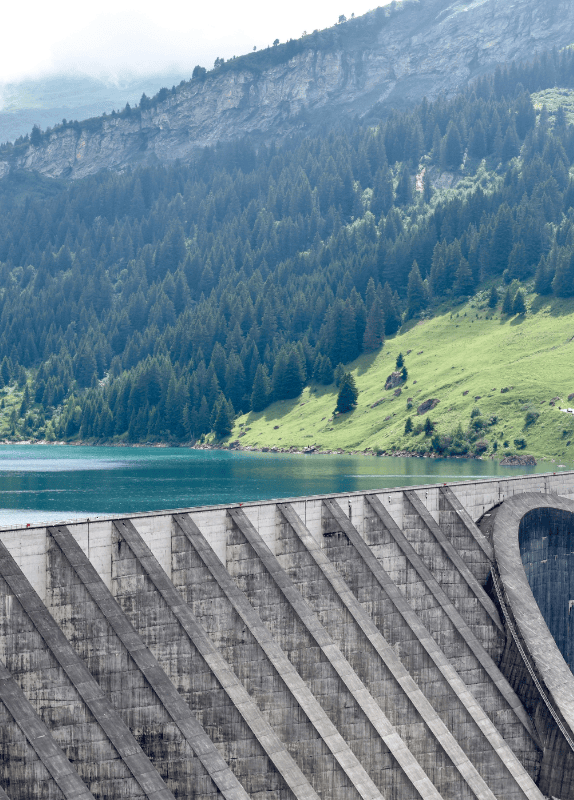Updated in January 2025.
Accelerating economic growth despite reform delays
B3
SENSITIVE RISK for enterprise
-
Economic risk
-
Business environment risk
-
Political risk
-
Commercial risk
-
Financing risk
-
Economic risk
-
Business environment risk
-
Political risk
-
Commercial risk
-
Financing risk
Swipe to view more
| Form of state | Republic |
| Head of government | Cyril Ramaphosa (President) |
| Next elections | 2029, Legislative |
Strengths & Weaknesses

- Africa’s most industrialized economy, with the largest and most liquid capital market, reduced external vulnerabilities and a declining trend in insolvencies, despite increasing costs due to load shedding, poor logistics and still modest employment rates.
- Improved macroeconomic context, ongoing fiscal consolidation efforts, on top of abundant international reserves covering six months of imports.
- Significant growth potential exists if structural reforms and investments in infrastructure, particularly the electric grid, are prioritized.

- Frequent business disruptions resulting from inefficient utilities, red tape and lack of investment.
- Considerable absorption of revenues for short-term debt repayment and still elevated sovereign bond yields compared to peers.
- Polarized and deeply unequal society, which remains inclined to political fragmentation, disaffection towards the institutional framework and violent uprisings with the potential to block business activity across the most sensitive areas of the country.
Economic Overview
Trade Structure by destination/origin
(% of total, 2023)
Trade Structure by product
(% of total, annual 2023)
Collection Complexity
The Allianz Trade Collection Complexity Score provides a simple assessment of how easy it is to collect debt around the world. The 2022 edition covers 49 countries that represent nearly 90% of global GDP and 85% of global trade.
Contacts
Read our latest reports
-
Americas
-
Europe
-
Asia Pacific
-
Middle East
-
Africa
Popular Risks Reports: Americas
Popular Risks Reports: Europe
Popular Risks Reports: Asia Pacific
Popular Risks Reports: Middle East












